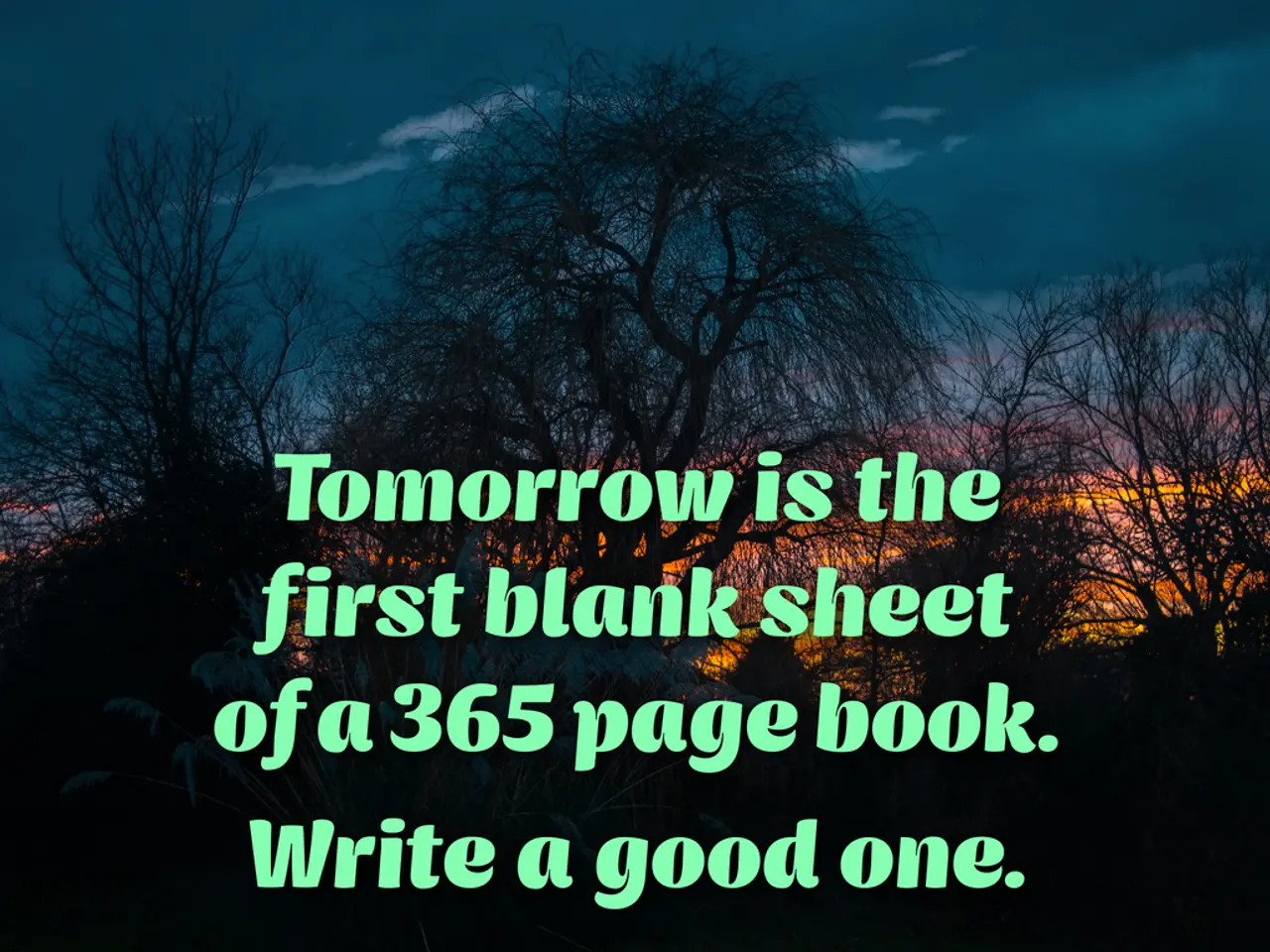Essential Screenwriting Tools Accessible to All Writers
In the world of screenwriting, standing out from the crowd can be a daunting task. However, with the right tools and strategies, even the most isolated drafts can be transformed into pitch-ready projects. Here are some tips and resources to help you on your screenwriting journey.
Finding the Right Platforms
Script Revolution and Stage 32 are two platforms that can be invaluable to screenwriters. Script Revolution offers a public platform for script listings, allowing them to draw interest from indie producers or directors looking for material. On Stage 32, you can seek out collaborators for table reads or feedback swaps, engage in discussion lounges, and participate in writing contests or spotlight features.
Building a Screenwriting Routine
Establishing a weekly screenwriting routine can provide momentum and measurable growth. Small, consistent actions can stack up to turn isolated drafts into real, pitch-ready projects. Drafting five new pages in Celtx or StudioBinder using proper formatting from the start can improve the professionalism of a script.
Utilising Checklists and Resources
Timothy Cooper's checklist and Marc Seitz's book, "This Scene Sucks: Screenwriting Mistakes to Avoid", are excellent resources for screenwriters. Cooper's checklist helps writers fix pacing, dialogue, and scene purpose problems in their scripts, while Seitz's book provides a comprehensive guide to avoiding common screenwriting mistakes.
Seeking Feedback and Adjusting Quickly
Posting a logline or scene to Script Revolution or Stage 32 can attract feedback and adjust the script quickly. Triage feedback on Script Revolution by sorting comments into story, character, and pacing notes. Review people's credits before reaching out on Stage 32.
Learning from Finished Scripts
Reading one finished script from 8FLiX or SimplyScripts can help writers soak up structure and pacing. Use the educational blog and on-demand webinars on Stage 32 to fix specific gaps in knowledge.
Getting Noticed by Industry Insiders
Script Revolution provides a platform for writers to receive immediate, actionable peer feedback and pitch producers directly. Stage 32 puts profiles, skills, and scripts in front of industry insiders and active creators. Creating a strong profile and joining groups sorted by genre, craft, or city on Stage 32 can increase visibility.
Making the Most of Your Resources
Picking the right free resources and plugging them into a weekly routine can remove friction and focus on building scripts that get noticed. High-level users on Greenlight Coverage don't rely on luck; they build routines, seek clear feedback, and use expert coverage to shape their next draft efficiently.
Starting a weekly screenwriting routine today can help writers take consistent, measurable steps towards improving their craft and increasing their chances of success. Apply the checklist to the first ten pages of a script to tighten three lines per page and improve readability. Double check strong opening, clear scene purpose, and high readability before sending out a script.
By following these tips and utilising these resources, you can empower yourself as a screenwriter and take your craft to the next level.
Read also:
- EA Relies on Madden and Battlefield to Drive Microtransactions Recovery
- Expense for Creating a Digital Platform for Fantasy Sports
- Comprehensive Guide on Electric Vehicle Infotainment: Nearly all the essential insights about in-car entertainment systems in electric vehicles
- Tesla's Nevada workforce has escalated to a daily output of 1,000 Powerwall units.







